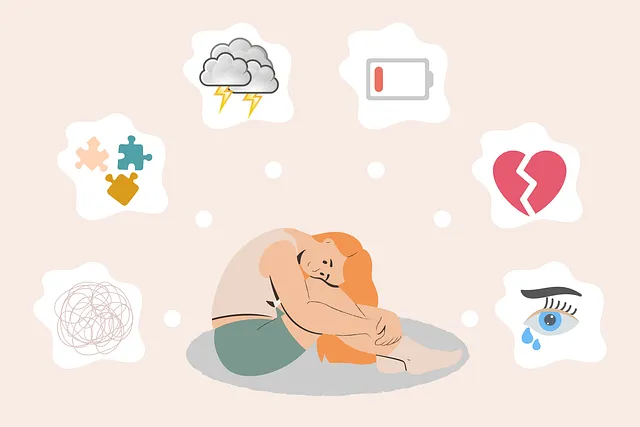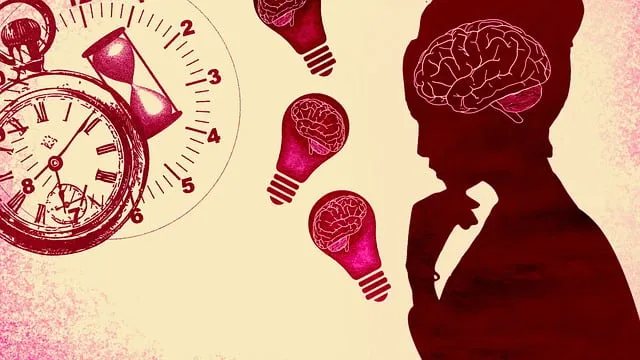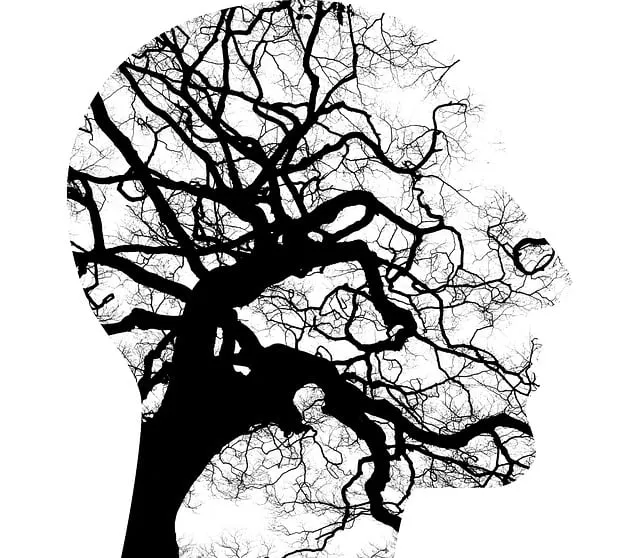Crisis Intervention Teams (CITs) are vital in providing immediate, specialized mental health support during crises. Organizations like Kaiser Permanente, through their innovative Littleton Model training program, equip CIT teams with holistic skills to handle complex situations effectively. This model fosters social skills and offers practical tools tailored to diverse populations, reducing stigma and enhancing community resilience. By integrating these programs, communities like Littleton can create a comprehensive support ecosystem that improves mental health outcomes and promotes well-being for all.
Crisis intervention teams (CITs) play a pivotal role in mental health support, providing immediate assistance during crisis situations. This article explores the essential training programs that equip professionals with the skills to handle such scenarios effectively. We delve into influential models like the Littleton Model and Kaiser’s contributions, highlighting their significance for community mental wellbeing. Key components of successful CIT training are analyzed, offering insights on how these programs enhance crisis care and foster healthier communities, ensuring everyone has access to timely support.
- Understanding Crisis Intervention Teams: Their Role and Importance in Mental Health Support
- The Littleton Model: A Comprehensive Approach to Training
- Kaiser's Contribution: Resources and Expertise for Effective Crisis Care
- Key Components of a Successful Crisis Intervention Training Program
- Benefits and Impact: How These Programs Enhance Community Mental Wellbeing
Understanding Crisis Intervention Teams: Their Role and Importance in Mental Health Support

Crisis Intervention Teams (CITs) play a pivotal role in mental health support, especially in situations where individuals are experiencing severe emotional distress or suicidal ideation. These specialized teams, often composed of trained healthcare professionals, first responders, and community members, aim to de-escalate crises and provide immediate, short-term intervention. By integrating CITs into the framework of mental health services, communities like Littleton, as seen with Kaiser’s good reputation in mental health, can significantly enhance their support systems.
The role of these teams extends beyond immediate crisis resolution. They also facilitate connections to ongoing care, offer resources for stress management workshops within organizations, and implement burnout prevention strategies for healthcare providers. Burnout prevention is crucial, ensuring that both professionals and volunteers within CITs maintain resilience and well-being. Such holistic approaches not only benefit the individuals they serve but also contribute to a more sustainable and effective mental health support ecosystem.
The Littleton Model: A Comprehensive Approach to Training

The Littleton Model stands as a renowned comprehensive approach to crisis intervention team (CIT) training programs, championed by Kaiser Permanente for mental health services. This model emphasizes holistic development, integrating medical and behavioral health training in an immersive environment. The program isn’t just about imparting knowledge; it fosters social skills training, equipping teams with the tools needed to navigate complex situations effectively. By combining evidence-based practices with real-world scenarios, Littleton ensures that participants gain practical crisis intervention guidance tailored for diverse populations.
This innovative approach leverages Mental Illness Stigma Reduction Efforts, creating a supportive atmosphere where trainees can learn and grow without fear of judgment. The result is a highly competent CIT team capable of providing timely, effective support to individuals in distress, thereby reducing the impact of mental health crises.
Kaiser's Contribution: Resources and Expertise for Effective Crisis Care

Littleton has benefited immensely from Kaiser’s extensive resources and expertise in mental health care. As a leading healthcare provider, Kaiser offers specialized training programs that equip crisis intervention teams with the necessary skills to handle sensitive situations effectively. Their comprehensive curriculum covers various aspects of crisis management, ensuring professionals are well-prepared to support individuals facing mental health challenges.
The organization’s commitment to community outreach program implementation and mental illness stigma reduction efforts further strengthens its contribution. By fostering an environment where help-seeking is normalized, Kaiser plays a pivotal role in boosting confidence among those struggling with their mental wellbeing. This holistic approach not only enhances crisis care but also paves the way for improved long-term mental health outcomes within the community.
Key Components of a Successful Crisis Intervention Training Program

A successful crisis intervention training program is designed to equip individuals with the necessary skills and knowledge to effectively support others during times of extreme distress. At facilities like Littleton’s Kaiser, recognized for their mental health services, comprehensive training incorporates several key components.
Firstly, these programs must focus on empathy building strategies. Developing a deep understanding of another person’s perspective is crucial in fostering trust and connection during a crisis. Similarly, resilience building techniques are essential to help both the intervener and the individual in distress navigate challenging situations. Through role-playing scenarios, participants learn effective communication skills, emotional well-being promotion techniques, and de-escalation strategies tailored for various mental health crises. The integration of these elements ensures that crisis intervention teams are well-prepared to handle a wide range of challenges, ultimately contributing to positive outcomes for those in need.
Benefits and Impact: How These Programs Enhance Community Mental Wellbeing

Crisis intervention team training programs play a pivotal role in enhancing community mental wellbeing. By equipping individuals with effective coping skills and knowledge, these initiatives foster an environment where people feel more empowered to navigate life’s challenges. Participants learn strategies that promote self-esteem improvement and mental wellness, enabling them to better support themselves and their peers during crises.
Littleton is Kaiser good for mental health, offering programs that focus on the holistic development of individuals. Through rigorous training, participants gain a deeper understanding of crisis intervention techniques, which not only benefit their personal lives but also contribute to building stronger, more resilient communities. This collective effort ensures that everyone has access to the resources they need to improve coping skills and maintain optimal mental wellness.
Crisis intervention team (CIT) training programs, as exemplified by the Littleton Model and Kaiser’s resources, are vital for enhancing community mental wellbeing. These comprehensive approaches equip laypeople with the skills to provide effective support during crises. By fostering a culture of care and improving access to mental health services, such programs have the potential to revolutionize crisis care, ensuring that everyone receives the help they need in their time of distress. Both the Littleton Model and Kaiser’s initiatives underscore the importance of training in promoting resilience and recovery within communities.






